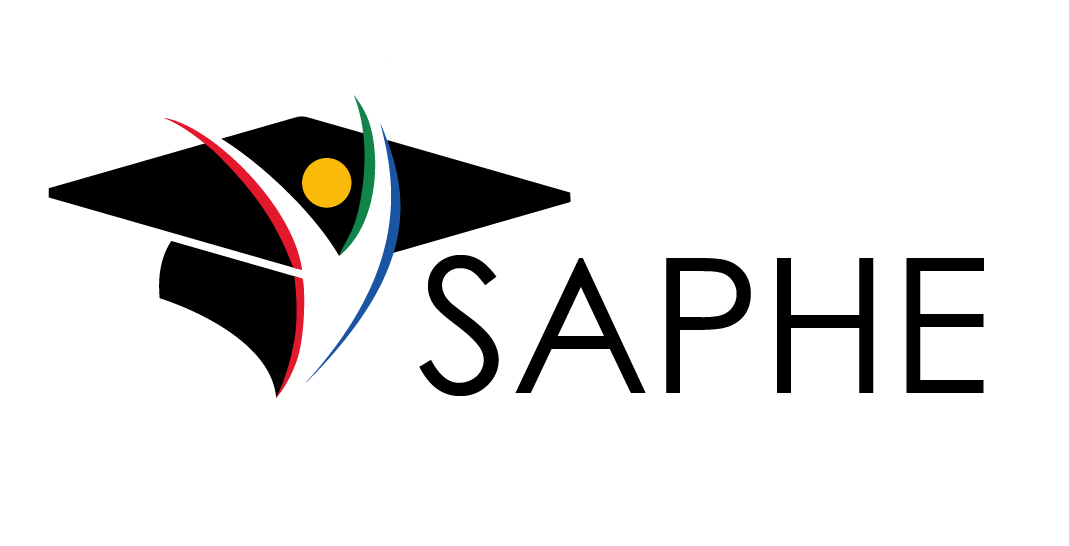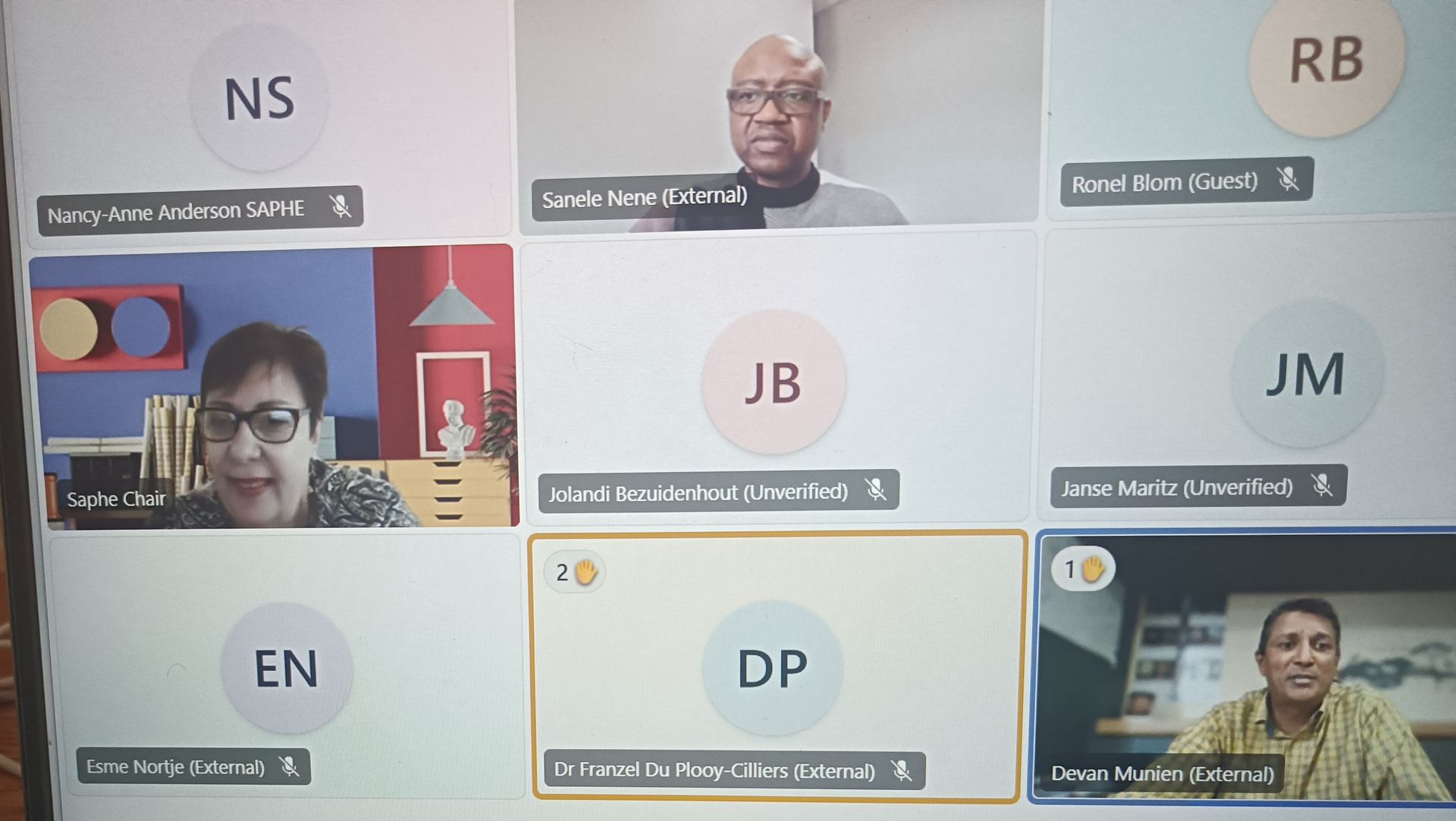Fresh leadership at the helm! SAPHE welcomes new chairperson
The South African Private Higher Education (SAPHE) landscape is undergoing a shift in leadership! After a successful tenure as Chairperson, Dr Jannie Zaaiman is passing the baton to Dr Carin Stoltz-Urban. While Dr Zaaiman steps down as Chair due to other commitments, SAPHE is fortunate to retain his invaluable expertise as he continues to serve as a Board member.
Dr Stoltz-Urban, who has served on the SAPHE Board heading the capacity-building portfolio, is a seasoned leader with a passion for higher education and a clear vision for the future. As SAPHE navigates the ever-evolving landscape of higher education, Dr Stoltz-Urban brings a wealth of experience and a dynamic approach to the role.
Lasting contributions
Dr Zaaiman, who served as Chairperson since January 2023, continued to lead SAPHE on its trajectory of growth. As a young association, SAPHE has managed to establish itself as the home for dynamic and progressive private higher education institutions (PHEIs) set to make a meaningful contribution to the higher education space. Moreover, SAPHE has fostered good relations with the regulatory bodies and become a respected stakeholder in higher education.
During Dr Zaaiman’s tenure, SAPHE strengthened its relationship with regulatory bodies and Universities South Africa (USAf). The first SAPHE Conference was hosted with acclaim, attracting academics, researchers, and higher education stakeholders from across the country. The conference showcased PHEIs' research highlights. Member engagement and collaboration, as well as capacity-building initiatives, were key priorities. Additionally, SAPHE refreshed its image by revising its logo and revamping its website and communication platforms. Dr Zaaiman's leadership resulted in a string of successes for SAPHE.
Taking over the reins, Dr Stoltz-Urban brings palpable enthusiasm and an inspiring clear vision. The higher education space is dynamic, with opportunities and unique challenges. Navigating this landscape will require both insight and grit, qualities that Dr Stoltz-Urban possesses in abundance.
SAPHE’s new Chairperson shares some of her thoughts and insights with us.
Vision statement from the Chairperson of SAPHE
As the newly elected SAPHE Chairperson, I am both humbled and honoured to serve in this pivotal role. My vision for SAPHE closely aligns with our mission to advance the interests of private higher education institutions and contribute meaningfully to the broader landscape of higher education in South Africa.
Vision and mission alignment
SAPHE is dedicated to promoting quality, innovation, and integrity in private higher education. Our mission emphasises the need for a collaborative and inclusive approach to education that serves the diverse needs of our country. In 2024, I plan to drive initiatives that embody these principles, ensuring that we remain at the forefront of educational excellence and accessibility.
Building supportive partnerships
Building on the good work of my predecessors, one of my key priorities is to further strengthen our relationship with regulators such as the Council on Higher Education (CHE), the South African Qualifications Authority (SAQA), and the Department of Higher Education and Training (DHET). By fostering supportive partnerships with these bodies, we can ensure that private higher education institutions are not only compliant with regulations but also actively contributing to the development of a cohesive, integrated higher education system in South Africa. My goal is to facilitate open dialogues and collaborative efforts that bridge the gap between the public and private education sectors, creating a unified framework that benefits all students.
Advocacy and raising awareness
Advocacy is a cornerstone of my strategy as Chairperson. Raising awareness about the value and contributions of private higher education institutions is crucial. I aim to enhance our advocacy efforts by engaging with policymakers, educators, and the public to highlight the pivotal role our members play in the national education landscape. Through targeted campaigns and strategic partnerships, we will work to dispel misconceptions and emphasise the quality and diversity of educational opportunities provided by private institutions.
Creating a value proposition for members
Creating a compelling value proposition for SAPHE members is another key focus area. Our members should feel supported, valued, and empowered to achieve their institutional goals. I plan to introduce new member services, professional development opportunities, and platforms for sharing best practices. By fostering a strong community of practice, we can collectively elevate the standards and outcomes of private higher education in South Africa.
Last word
I am deeply humbled to assume the role of Chairperson and am committed to making a significant impact in the sector. Together, we will work towards a diverse, integrated, and high-quality higher education system that serves the needs of our country. I look forward to collaborating with all stakeholders to advance our shared mission and vision for a brighter future in higher education.



